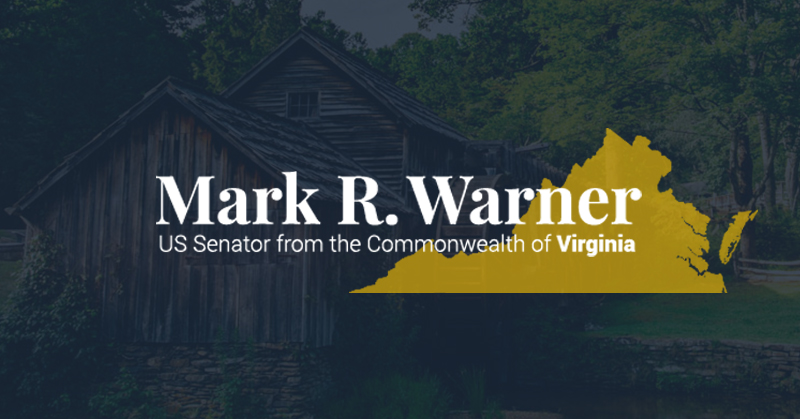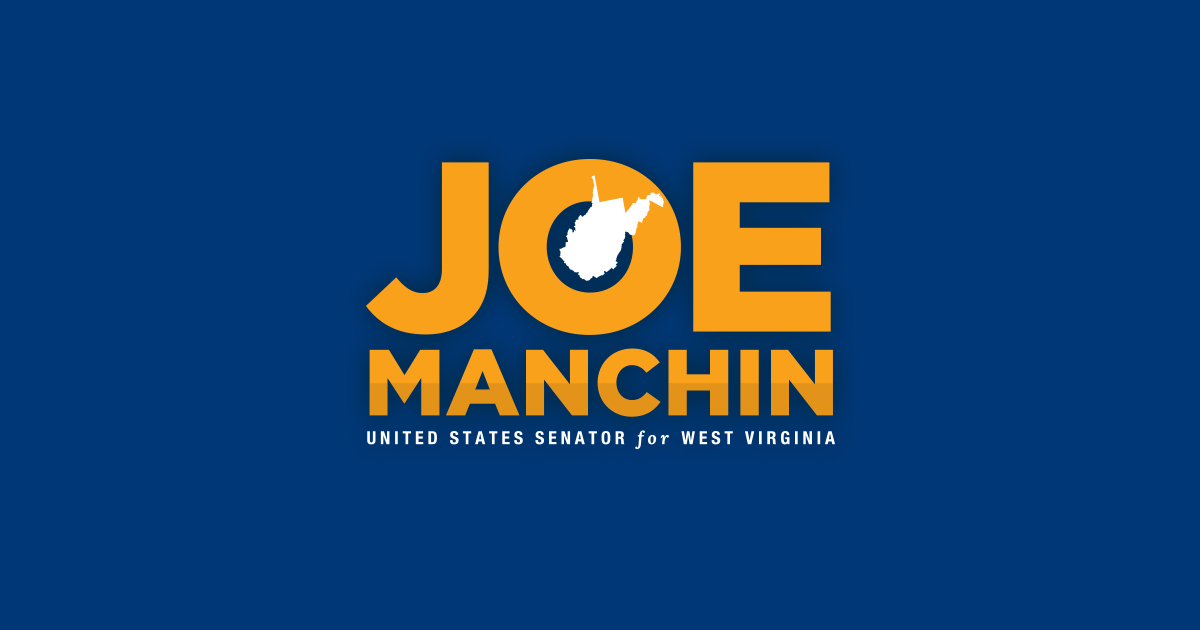Source: United States Senator for Vermont – Bernie Sanders
WASHINGTON, Oct. 17 — According to a report commissioned by Sen. Bernie Sanders (I-Vt.) and released today by the Government Accountability Office (GAO), wealth and income disparities were wider in American households headed by those aged 55 and older than in other advanced economies.
The report, entitled “Comparison of Income, Wealth, and Survival in the United States with Selected Countries,” also found that longevity among older people is highly correlated with income and wealth in the United States, and that the link between income and wealth with longevity is stronger in this country than in the United Kingdom.
“It is absolutely unacceptable that the United States has more income and wealth inequality than any major country on earth,” said Sanders. “The widening wealth gap between rich seniors and other older Americans is not only immoral, it is directly linked to life expectancy. As today’s GAO report tells us, not only are wealthy seniors becoming even wealthier, they are living much longer lives than the millions of senior citizens who are living in poverty. Poverty in America is a death sentence. Other major countries have adopted much stronger policies to protect seniors and to reduce poverty and so should we. At a time when half of older Americans have no retirement savings and 55 percent of seniors are trying to survive on less than $25,000 a year, our job is not to cut Social Security. Our job is to expand Social Security and make sure that every senior in America can retire with the dignity and respect they deserve. It is a policy choice – and a policy failure – to allow so many older Americans to become poor and die prematurely in the richest country in the history of the world.”
According to the GAO report, the median income of the top 20 percent of older households in the U.S. was about 13 times greater than the bottom 20 percent of households, compared to about 8 times in Canada, 7 times in the U.K., and 6 times in Germany.
Similarly, wealth is much more concentrated among older households in the U.S. than in the U.K. and Canada: The median wealth of the top 20 percent of older households in the U.S. was about 610 times greater than the bottom 20 percent of households, compared to about 236 times in Canada and 60 times in the U.K. In 2019, while the median wealth of the top 20 percent of older households in America was more than $1.8 million, the median wealth of older households in the bottom 20 percent was just $3,000.
In perhaps the starkest finding of the report, the GAO found that higher-income and wealthier individuals in the U.S. live significantly longer than poorer individuals, and that this longevity disparity between higher- and lower-income people is greater in the U.S. than in the U.K. Looking at a sample of individuals from 2002, aged 60-69 in the U.S., the lowest earning 20 percent had a 69 percent chance of living anther 10 years while those in the top 20 percent had an 88 percent chance. In the U.K., those numbers were 76 percent and 89 percent, respectively.
Moreover, as the GAO puts it in its report, “… in the United States, the proportion of individuals in their seventies at the beginning of the study period who were alive at the end of the 10-year period ranged from 68 percent for those from the wealthiest households, to 44 percent for those from the least wealthy households.”
While most of the income and wealth concentration among older households in the U.S. is due to market income, the report makes clear that our peer countries’ old-age income security benefits are more redistributive than ours.
For instance, the GAO estimates that “the wealthiest 20 percent of Americans had about 37 times the average wealth of the middle 20 percent before taking pension wealth into account and 8 times the average wealth after. In Germany, the ratio was 13 times before taking pension wealth into account and 4 times after.” The GAO points to Germany’s earnings-related pension system’s consideration of periods of childrearing, unemployment, and family care when calculating benefits; its progressive inheritance tax; and its long-term care insurance system for making large differences.
This report follows a 2019 GAO report entitled “Income and Wealth Disparities Continue through Old Age,” which was also requested by Sanders.
To read the new report, click here.






